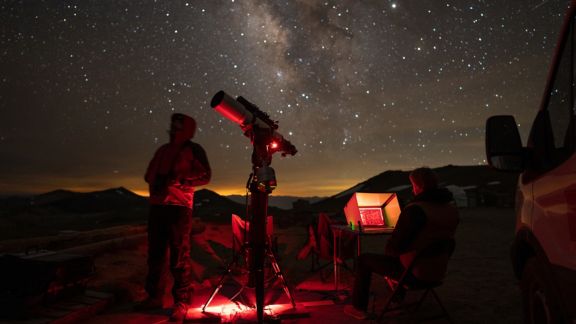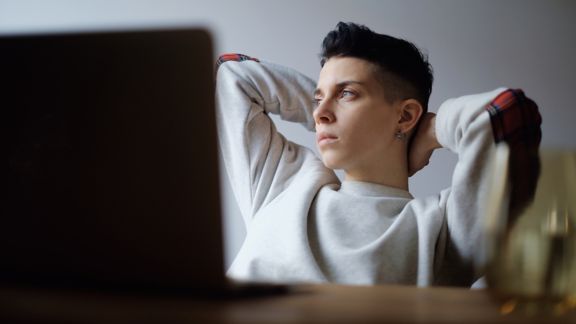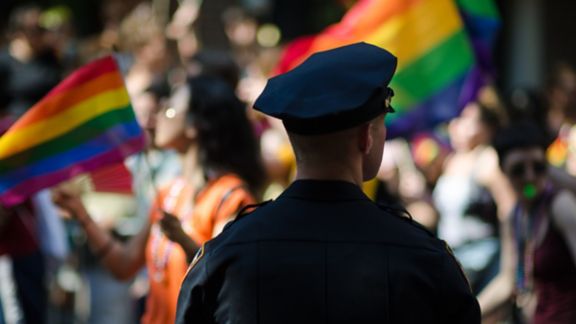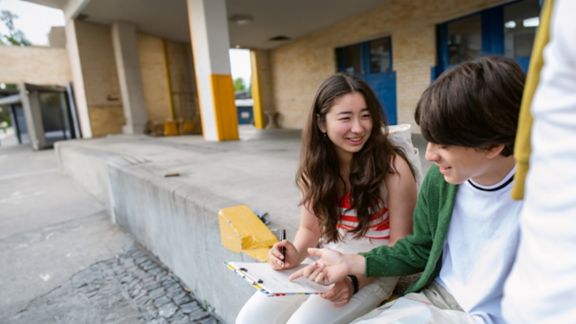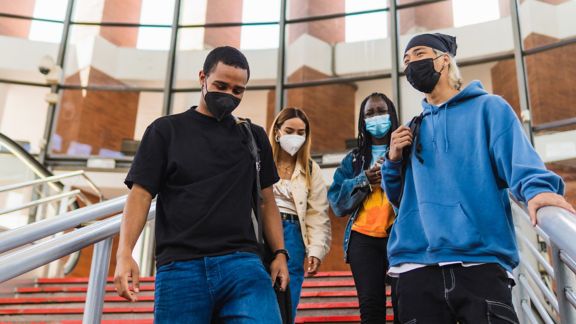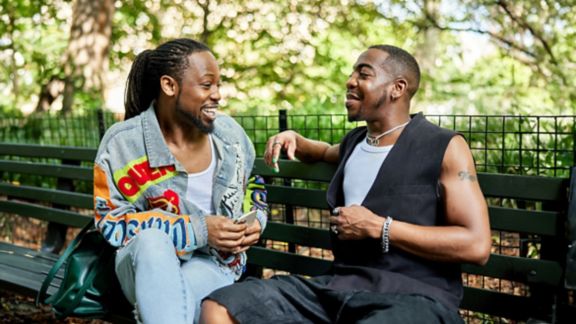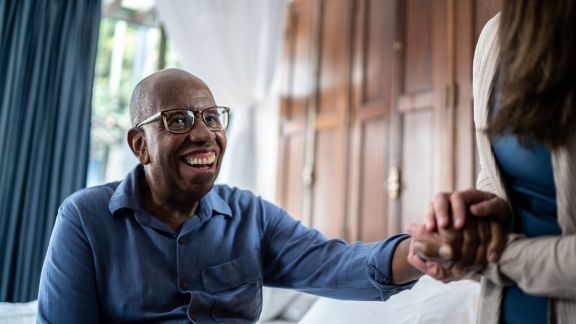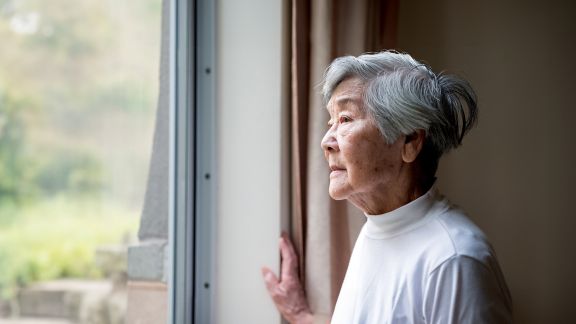Michelle Johns
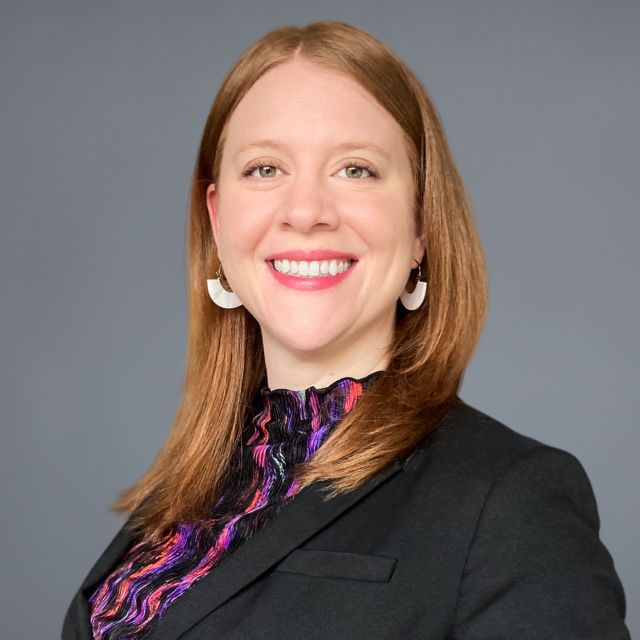
Michelle has worked across institutional settings, including the federal government, universities, and nonprofit organizations, leading collaborative research initiatives to support evidence-based public health and education decision-making. Her behavioral research spans HIV/STIs, mental health, violence prevention, substance use, and access to care, with a focus on applied, stakeholder-informed research to strengthen organizational policies and programs. Michelle values collaborative approaches that engage scientists, practitioners, educators, and community members in shaping effective solutions.
Michelle brings expertise in translational research that applies scientific findings to real-world settings. She directs the HIRISE+ study, a National Institute of Justice (NIJ)-funded project that gathers insights from community members and law enforcement to develop data-driven recommendations for improving public safety reporting and response mechanisms. Previously, Michelle collaborated on the START project at the CDC, leveraging data from focus groups and surveys to design tools for educators and administrators working to create safe and supportive school environments.
Michelle is also a seasoned program evaluator, directing evaluations to address critical public health challenges. She leads the evaluation of the AstraZeneca Foundation’s CHANGE program, assessing efforts to enhance access to care in clinical and community settings. At the CDC, she contributed to the design of the Division of Adolescent and School Health’s Program Evaluation Reporting System, helping develop evaluation metrics, data collection methods, and analytical plans for school public health initiatives.
An experienced science communicator, Michelle has authored over 60 peer-reviewed publications in high-impact journals such as JAMA Pediatrics, the Journal of Adolescent Health, and the CDC’s Morbidity and Mortality Weekly Report. She has presented research at over 70 scientific conferences, including the American Public Health Association and the Society for Adolescent Health and Medicine. She has guest lectured on research methods at institutions such as Emory University.
Michelle received the 2021 Excellence in Leadership Award (GS 11-13) from the CDC’s National Center for HIV/AIDS, Viral Hepatitis, STD, and TB and was recognized as a Community of Scholars Fellow at the Institute for Research on Women and Gender at the University of Michigan in 2014.
Quick Links
Education
PhD
University of Michigan, Ann Arbor
Graduate Certificate
University of Michigan , Ann Arbor
MPH
University of Michigan, Ann Arbor
BA
Whitman College
Project Contributions
Publications
-
2023 Joint Statistical Meeting
Event | July 30, 2023
-
2023 National Conference on Health Communication, Marketing & Media
Event | June 24, 2023
-
opens in new tab"Public Attitudes Toward the Use of Religious Beliefs to Discriminate Against LGBTQ People."
Project Report | June 14, 2023
-
opens in new tab"Nonvoluntary or Forced Sex among Women, by Sexual Identity, Attraction, and Behavior—National Survey of Family Growth, United States, 2011-2017."
Journal Article | March 23, 2022
-
opens in new tab"Protective Factors among Transgender and Gender Variant Youth: A Systematic Review and Socioecological Synthesis."
Journal Article | March 23, 2022
-
opens in new tab"Sexual Attraction, Sexual Identity, and Psychosocial Well-Being in a National Sample of Young Women during Emerging Adulthood."
Journal Article | March 23, 2022
-
opens in new tab"Resilient Minds and Bodies: Size Discrimination, Body Image, and Mental Distress among Sexual Minority Women."
Journal Article | March 23, 2022
-
opens in new tab"Differences in Adolescent Experiences of Polyvictimization and Psychological Distress by Sexual Minority Status."
Journal Article | March 23, 2022
